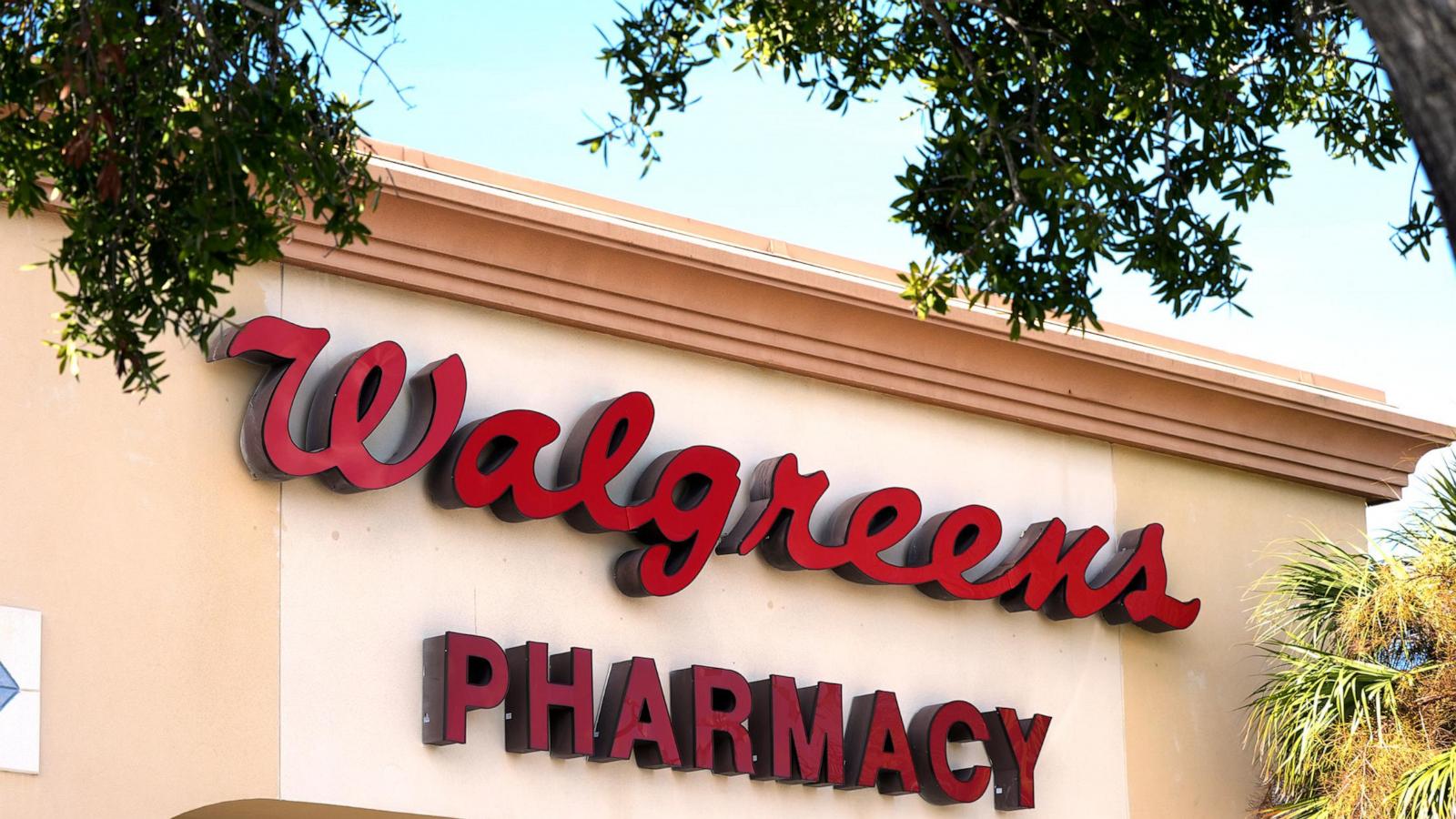Walgreens Faces $50 Billion Lawsuit for Opioid Overprescription: Is This the End of the Crisis?
The US Justice Department is taking on a pharmaceutical giant in a high-stakes lawsuit. Walgreens, one of the nation's largest pharmacy chains, faces allegations of unlawfully filling millions of prescriptions for opioids, setting the stage for a legal battle that could reshape the opioid crisis narrative and set a precedent for pharmacy liability. This case raises questions about the responsibilities of pharmacies in preventing drug abuse and how such a massive legal dispute will change our healthcare landscape. Read on to find out the details.
Walgreens Accused of Ignoring Red Flags in Opioid Prescriptions
The Justice Department's complaint alleges that Walgreens knowingly and repeatedly ignored glaring warning signs of illegitimate opioid prescriptions. It claims that the pharmacists routinely filled prescriptions that should have raised serious concerns. Beyond this, the company is accused of ignoring warnings from its own pharmacists and internal data regarding suspicious prescribing patterns. This lawsuit underscores a systemic issue: a disconnect between pharmacy protocols and the pressing realities of the opioid crisis. Experts argue that pharmacies need stricter guidelines to identify suspicious prescriptions and engage in thorough review processes before dispensing highly addictive substances. This controversy touches on crucial questions about professional liability, organizational practices, and the urgent need to fight the epidemic of prescription drug abuse in our society.
The Heart of the Allegations: Systematic Failure and Corporate Pressure
The suit further accuses Walgreens of putting pressure on its pharmacists to expedite prescription fills, bypassing vital validation steps that could have flagged illegal or unsafe opioid prescriptions. These allegations highlight a troubling intersection of corporate pressures and critical caregiving, causing devastating and lasting societal problems that directly result from the alleged conduct. Evidence points towards corporate greed putting the profit motive above human lives and health. By ignoring potentially problematic prescriptions, the company failed to meet its regulatory responsibilities, creating further societal problems through their indifference.
What’s at Stake in this $50 Billion Lawsuit?
Walgreens' alleged negligence is at the center of the Justice Department's suit, involving several aspects and significant impacts.
Financial Implications
The legal dispute is massive, and the financial implications are equally significant. Given the scale of alleged negligence and the current opioid crisis's socioeconomic toll, the financial consequences could dramatically change the pharmaceutical landscape. A settlement could significantly impact Walgreens' profits and financial stability, reshaping its future business strategies and operational methods. Experts warn of ripple effects throughout the pharmaceutical sector. The case sets a significant legal precedent, as it could influence the regulations facing pharmaceutical companies, especially those in the chain of prescription opioid distribution.
Legal Ramifications and Precedents
This lawsuit raises fundamental legal questions regarding pharmaceutical liability and corporate accountability. It also has implications for other pharmacy chains' accountability and actions concerning opioid prescriptions. The court's ruling could influence regulatory oversight and create new responsibilities for dispensing controlled substances. Walgreens is actively contesting the accusations, arguing that the government's claims are vague, and asserting the company acted in full compliance with laws and regulations. This case sets a significant legal precedent for how corporate accountability will proceed in these situations.
Ethical Concerns
The ethical dimensions of the allegations extend beyond legal considerations, raising deep questions about corporate ethics, customer care, public health, and pharmaceutical industry accountability in our society today. Concerns arise over the profit-driven nature of corporations’ behavior and corporate compliance procedures.
Walgreens Responds to the Lawsuit: A Battle for Responsibility
Walgreens maintains it is committed to ethical pharmacy practices and complies with existing regulations. It suggests its actions align with regulatory and industry best practices. Their claim emphasizes a responsible approach toward dispensing controlled substances and that the government’s expectations are unclear. The company insists it is committed to education and combating misuse. Regardless of intent, the allegations pose serious implications for the company's image and future operations.
Pharmacist Involvement
Beyond corporate accountability, the role of pharmacists in this legal dispute becomes extremely critical. The lawsuit does not directly blame individual pharmacists but highlights the impact of corporate pressures and practices. The safety and protection of pharmacists amid the pressure created by corporate policies are extremely important to examine.
The Fight to Redefine Pharmacy Responsibilities
The case directly challenges and seeks clarification on the specific responsibilities of pharmacies when dealing with controlled substances. The lawsuit prompts discussion about best practices and standards. The debate questions how pharmacies' role impacts efforts to manage the ongoing opioid crisis.
Take Away Points
- The Justice Department's lawsuit against Walgreens alleges that the company violated federal laws by filling millions of unlawful opioid prescriptions, causing a dramatic expansion of the opioid crisis.
- The case raises critical concerns about the roles and responsibilities of pharmacies in preventing opioid abuse and the potential for corporate pressure to compromise safety protocols.
- The financial and legal implications of this lawsuit could impact the pharmaceutical industry broadly, influencing future regulatory standards and ethical business practices.
- The outcome of this legal battle may determine the future of the war against opioid addiction.




